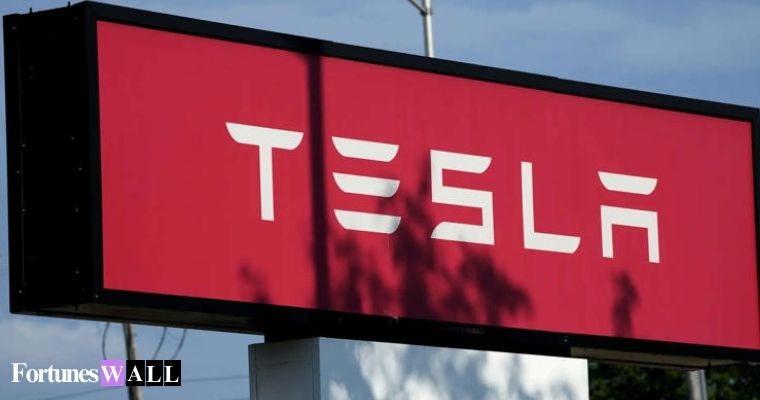As European automakers brace for a possible trade war waged by President Donald Trump, they are working to ward off another threat on their home turf: the prospect of paying hundreds of millions of dollars to Tesla and Chinese competitors muscling in on their core markets.
Under stricter European Union regulations taking effect this year, automakers selling cars in Europe face hefty penalties if their vehicle production fails to meet tough targets for reducing carbon emissions. With demand for electric cars in Europe slumping and manufacturers squeezed by competition from China, automakers, politicians and industry groups are lobbying for relief.
After an industry summit in Brussels on Thursday, Ursula Von Der Leyen, the president of the European Commission, the European Union’s executive branch, acknowledged the challenges that the auto industry faced and pledged that regulators were “acting swiftly” to address them.
Under the rules, carmakers can meet their targets by increasing the number of zero-emissions cars they produce or reducing their output of vehicles with combustion engines.
There is another option: They can buy emissions credits by “pooling” with companies that make only electric cars and have an abundance of credits. In a twist of fate, that has the European carmakers turning to some of their biggest rivals, including Tesla and Geely of China, which owns Volvo Cars and has a controlling ..
The strategy of buying emissions credits is not new, but it has recently set off alarms in France and Germany, home to Europe’s biggest automakers, because it comes when demand for electric cars is softening, leading to threats of factory closures and the loss of thousands of jobs. Adding to the concerns in Europe is Elon Musk, the CEO of Tesla, who has criticized EU tariffs on electric vehicles made in China and has been accused of interfering in politics in Britain and Germany.
